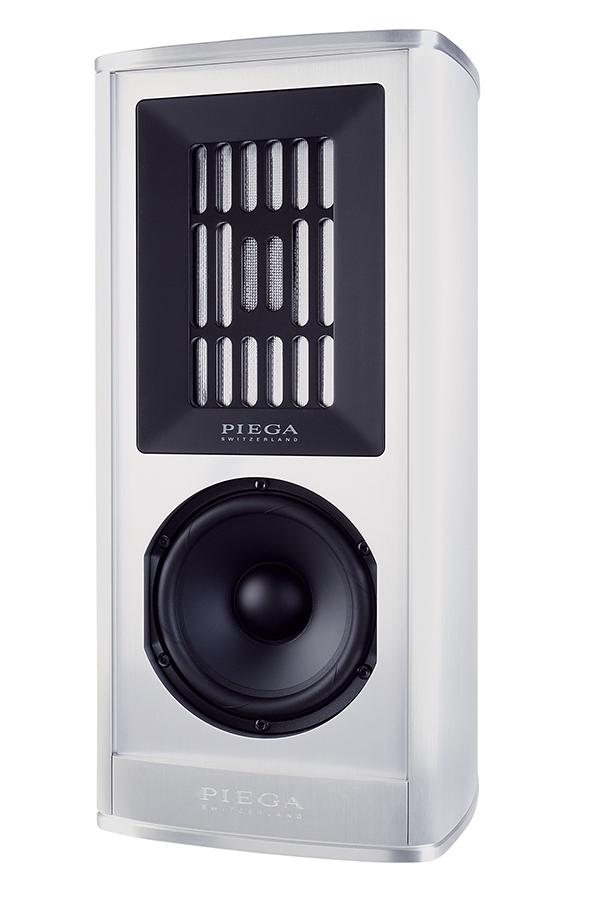Loudspeakers
Sort By: Post DateTitle Publish Date
|
Apr 09, 2025 |
First Published: Mar 01, 2025
|
Jun 04, 2025 |
First Published: May 01, 2025
|
Jan 29, 2025 |
First Published: Feb 01, 2025
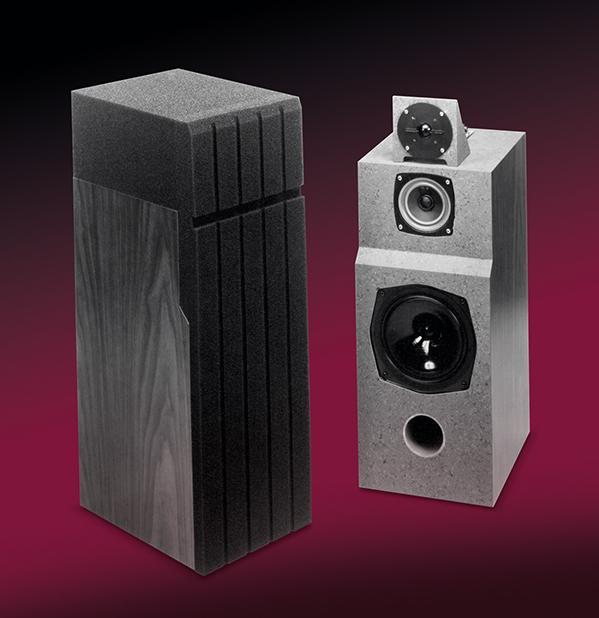
 British company steps up with a three-way reflex-loaded loudspeaker with a twist, but will its sound have Trevor Attewell head over heels in love?
British company steps up with a three-way reflex-loaded loudspeaker with a twist, but will its sound have Trevor Attewell head over heels in love?
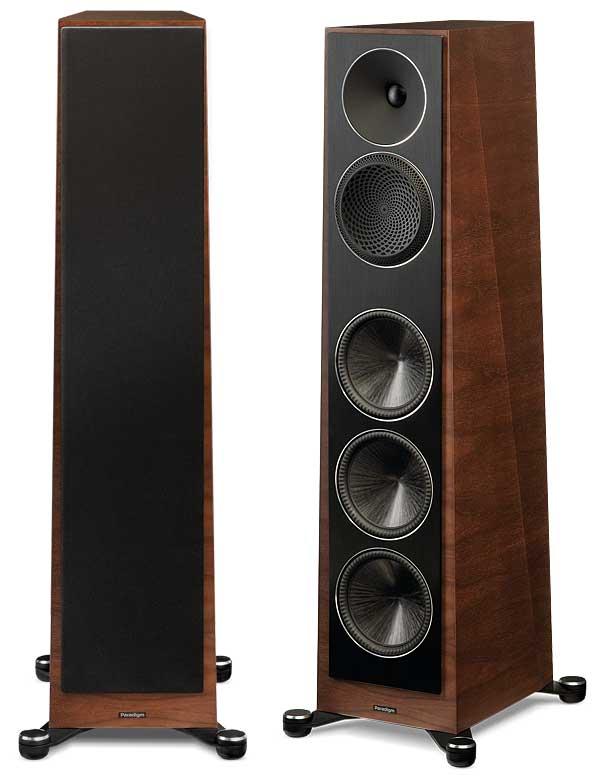
 Top passive floorstander in Paradigm's new Founder series is keenly, but not ambitiously priced. A high-end bargain?
Top passive floorstander in Paradigm's new Founder series is keenly, but not ambitiously priced. A high-end bargain?
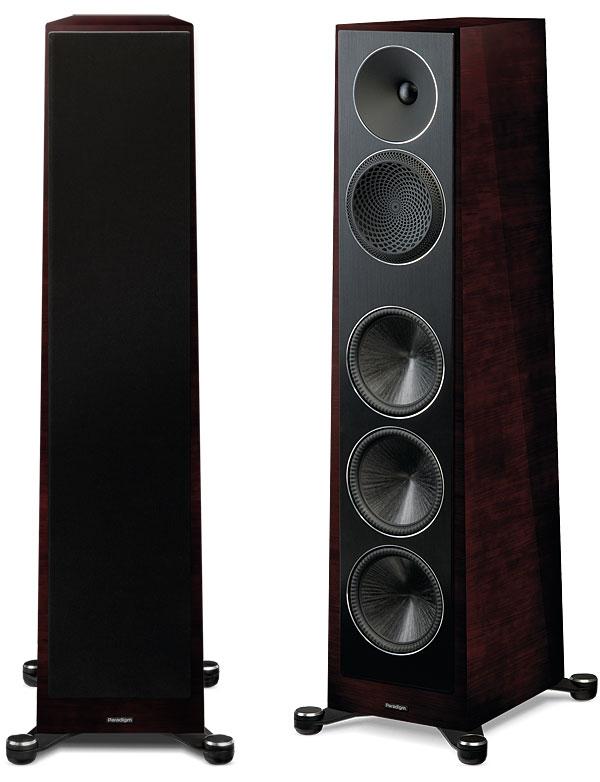
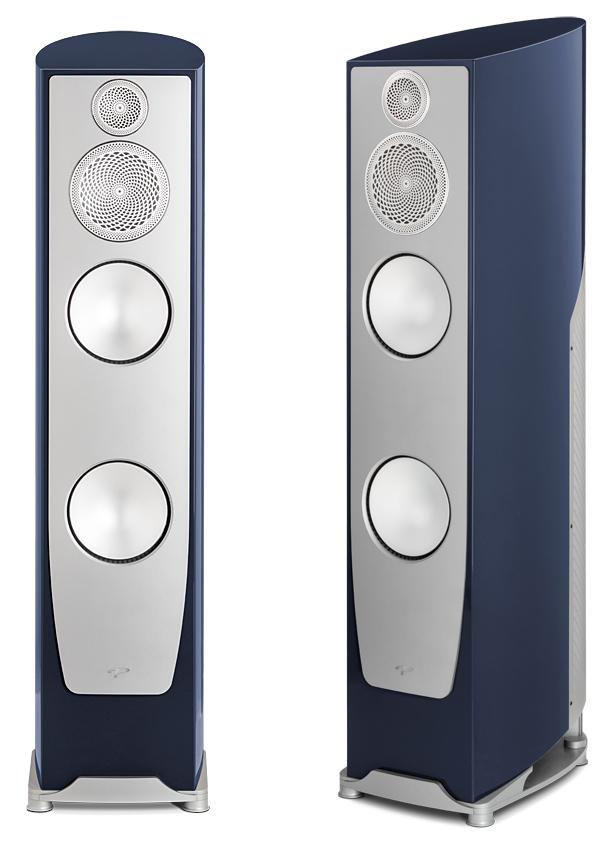
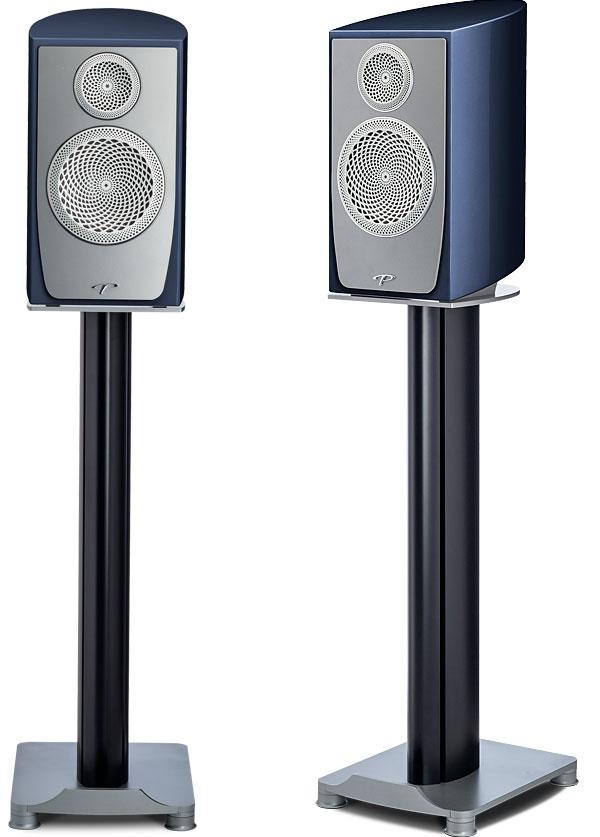

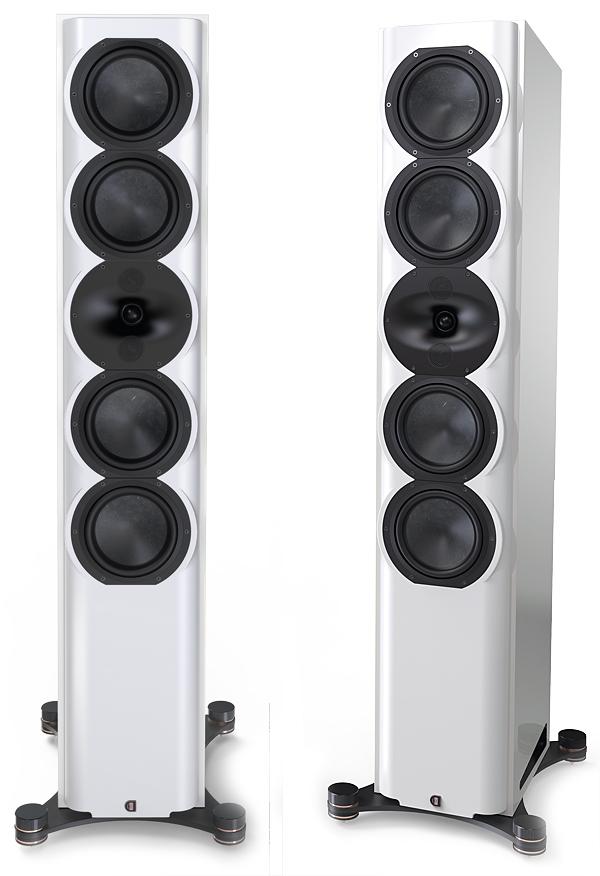
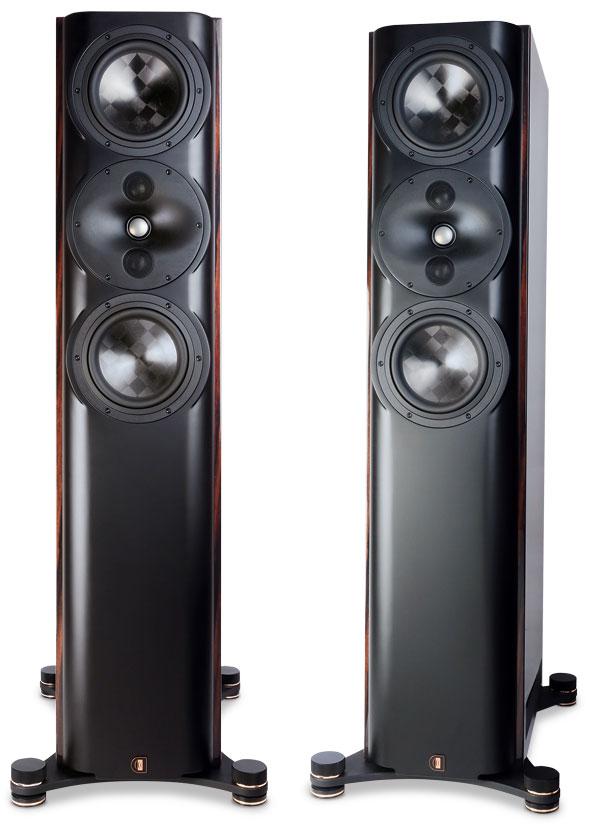
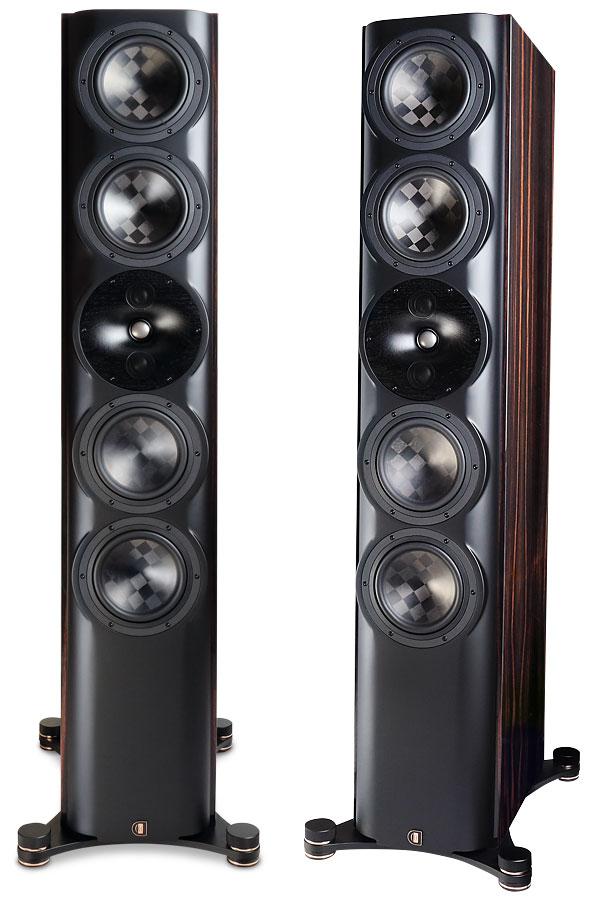
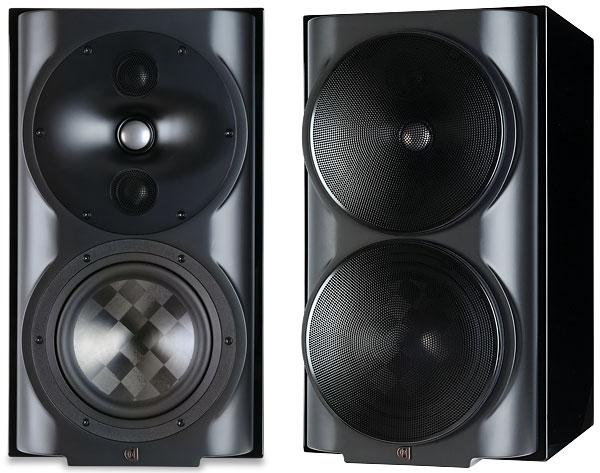
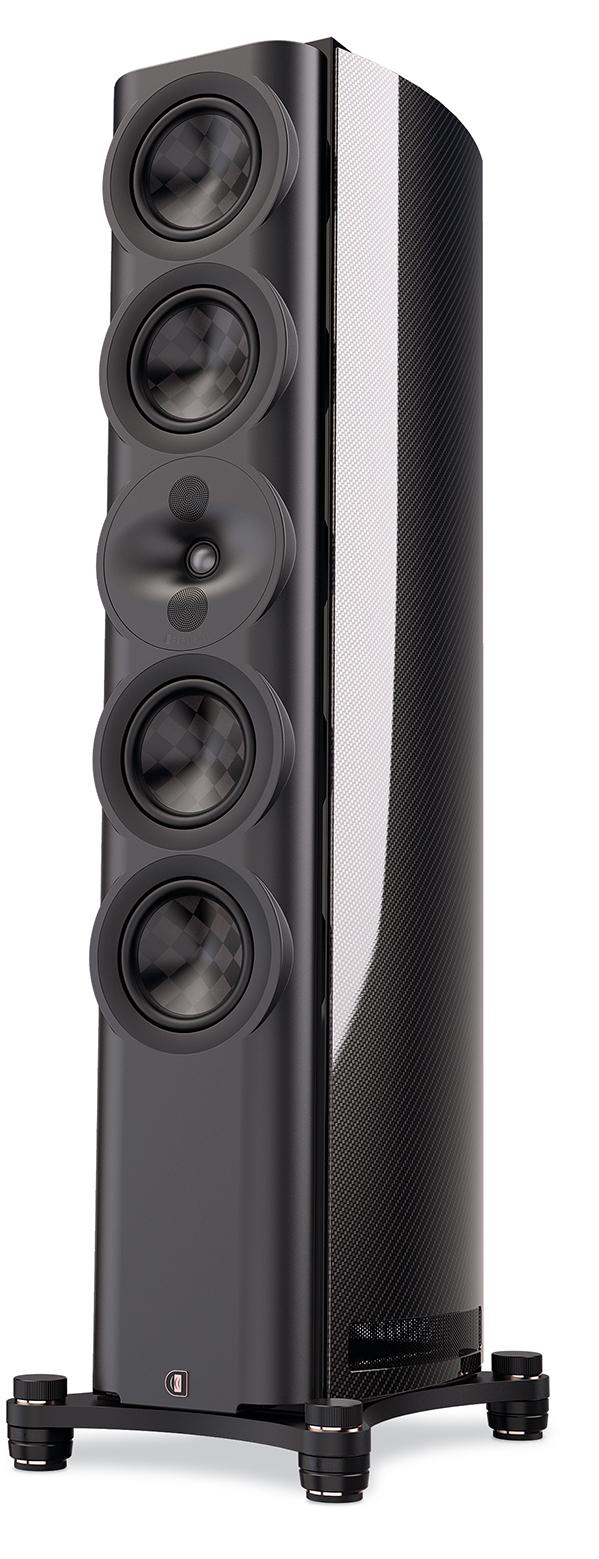
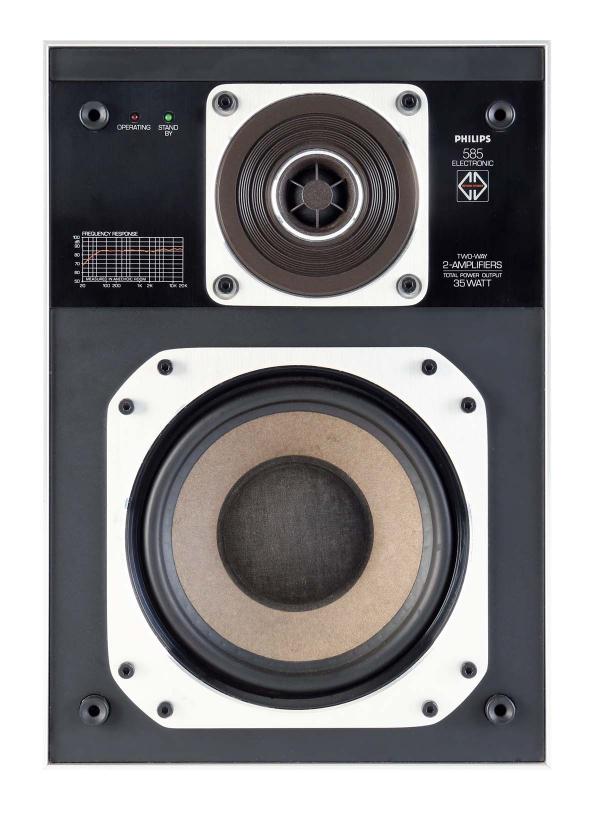
 Smallest of a four-strong range of innovative MFB (Motional Feedback) loudspeakers, Philips’ AH585 was in production from 1972-82. How does it fare today?
Smallest of a four-strong range of innovative MFB (Motional Feedback) loudspeakers, Philips’ AH585 was in production from 1972-82. How does it fare today?
